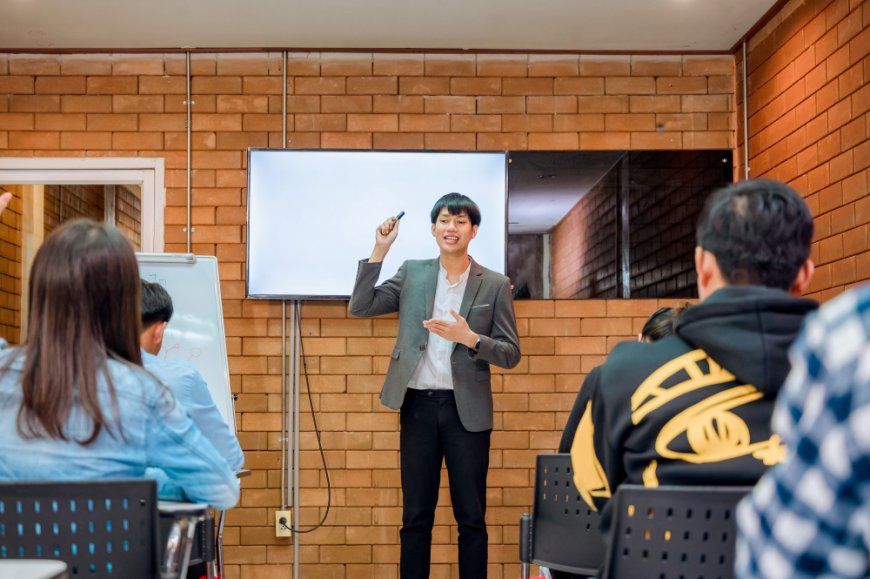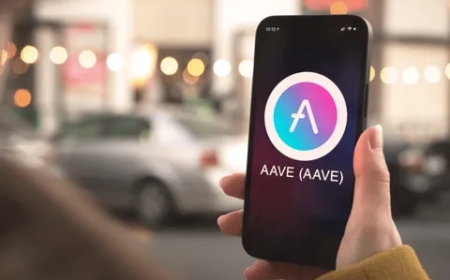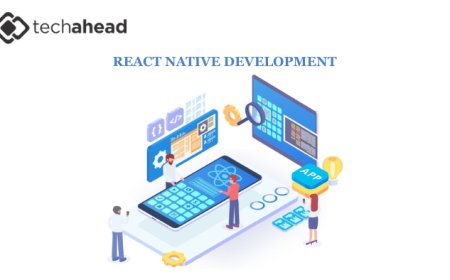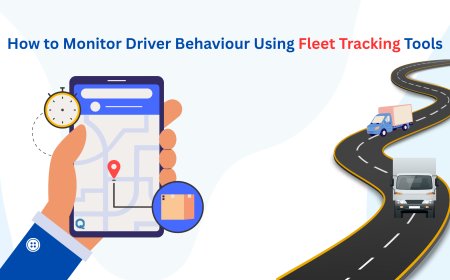Leadership Speakers in the Philippines: Advocates for Literacy and Youth Empowerment
Leadership speakers in the Philippines promote literacy and youth empowerment. They are inspiring young people to believe in themselves and work hard to improve their lives.

Filipinos live in a country with a large and vibrant youth population, this is why leadership speakers in the Philippines have become important advocates for literacy and youth empowerment. These speakers inspire young Filipinos to overcome challenges, value education, and develop the skills they need to become future leaders.
Whats more, the country faces issues like educational inequality and youth unemployment. So these voices can promote projects and ideas that help young people grow and succeed.
Introduction
Youth empowerment and literacy are key to the Philippines future. Although literacy rates have improved over the years, many young people, especially in rural and poor areas, still face difficulties accessing quality education.
Many also struggle to find good jobs after finishing school. Because of these challenges, leadership speakers play an important role. They do more than just motivate; they help bring about social change.
The Landscape of Leadership Speaking in the Philippines
Prominent Figures and Their Contributions
The Philippines has many well-known leadership speakers who focus on youth empowerment and literacy. Francis Kong is one of the most popular. He motivates thousands with talks about personal growth, honesty, and strong leadership. Jonathan Yabut, who won "The Apprentice Asia," shares ideas about entrepreneurship and managing money wisely. He encourages young people to take control of their futures.
Another influential speaker is Lloyd Luna. He is known for his energetic style and focus on leadership skills and youth involvement. These speakers often work with schools, government groups, and non-profit organizations. They change their messages to fit the needs of different audiences, helping young Filipinos face their unique challenges.
Thematic Focus of Contemporary Talks
Todays leadership talks in the Philippines cover themes that young people find important. Personal growth is a main topic. Speakers encourage youth to understand themselves better, be strong in tough times, and keep learning. Ethical leadership is also common. They teach young people to lead with honesty and care for others.
Digital transformation and innovation have become popular topics too. Speakers talk about how technology is changing the world fast. They encourage creativity, entrepreneurship, and learning new digital skills. These ideas are important because the Philippines is growing its digital economy and more young people are learning and working online.
Championing Literacy and Youth Empowerment Through Speaking Engagements
Literacy as a Foundation for Empowerment
Literacy is more than just reading and writing. It is the base that helps young people gain knowledge and confidence. Leadership speakers stress this point. They say literacy is key to unlocking many opportunities in life.
Many speakers join programs that teach both literacy and leadership skills. These programs help youth see that reading and learning are not just school tasks but tools for life. Some of these initiatives combine reading activities with lessons on teamwork and communication. This helps young people grow both intellectually and socially.
Empowering the Filipino Youth
Leadership speakers also support many projects that empower young people. Programs like the Leadership and Democracy (LEAD) Fellowship and the Leadership-Aspiring Youth Team (LAYT) help youth build leadership skills and get involved in their communities.
In their talks, they often share personal stories. They talk about their own struggles and successes. This helps young people relate and feel inspired. This method works well, especially for youth from poor or remote areas who face extra challenges.
These talks also teach important skills like critical thinking, problem-solving, and communication. These skills help young people handle lifes challenges and make positive changes in their communities.
Impact on Communities and National Development
Building Future-Ready Leaders
The influence of these speakers help build a generation of young leaders who care about their communities and can solve problems creatively.
Young people who join leadership programs often start projects that improve education, health, the environment, and local governance. Their work strengthens communities and helps make the country a better place.
Aligning with National and Global Trends
The efforts of leadership speakers in the Philippines support important global goals, like the United Nations Sustainable Development Goals (SDGs). These goals include quality education, decent work, and reducing inequalities.
The Philippine government also has programs that support youth development, such as the National Youth Policy and the Learning to Earning Pathways (LEaP!) Programme. These programs work alongside leadership talks and youth projects to help young Filipinos succeed.
Practical Considerations for Organisers
Selecting the Right Speaker for Youth and Literacy Events
If you are organizing an event focused on youth or literacy, choosing the right speaker is very important. Good speakers know about leadership and education. But they also connect well with young peoples culture and feelings.
The best speakers can adjust their talks to fit the audience. Whether the group is from a city school or a rural community, the message should feel relevant and easy to understand. This makes the talk more effective and inspiring.
Trends in Speaker Engagements
Speaking events in the Philippines have changed a lot recently. Many are now held online or in a hybrid format, mixing in-person and virtual participation. This helps reach more young people, especially those in remote areas.
Popular topics today include digital skills, mental health, entrepreneurship, and social innovation. These topics reflect what young Filipinos care about and the opportunities they have in a changing world.
Key Takeaway
Leadership speakers in the Philippines promote literacy and youth empowerment. They are inspiring young people to believe in themselves and work hard to improve their lives. Their messages support national goals and global efforts to create a fairer and more prosperous society.
Investing in its youth enables the country to work together with educators, leaders, communities, and speakers in order to champion literacy. It will empower these leaders to help shape a generation ready to lead the country toward a brighter future.





















![Top 11 Real Estate Mobile App Developers in Riyadh, Saudi Arabia [2025 Edition]](https://www.philadelphialivenews.com/uploads/images/202506/image_430x256_68621a9e48997.jpg)























